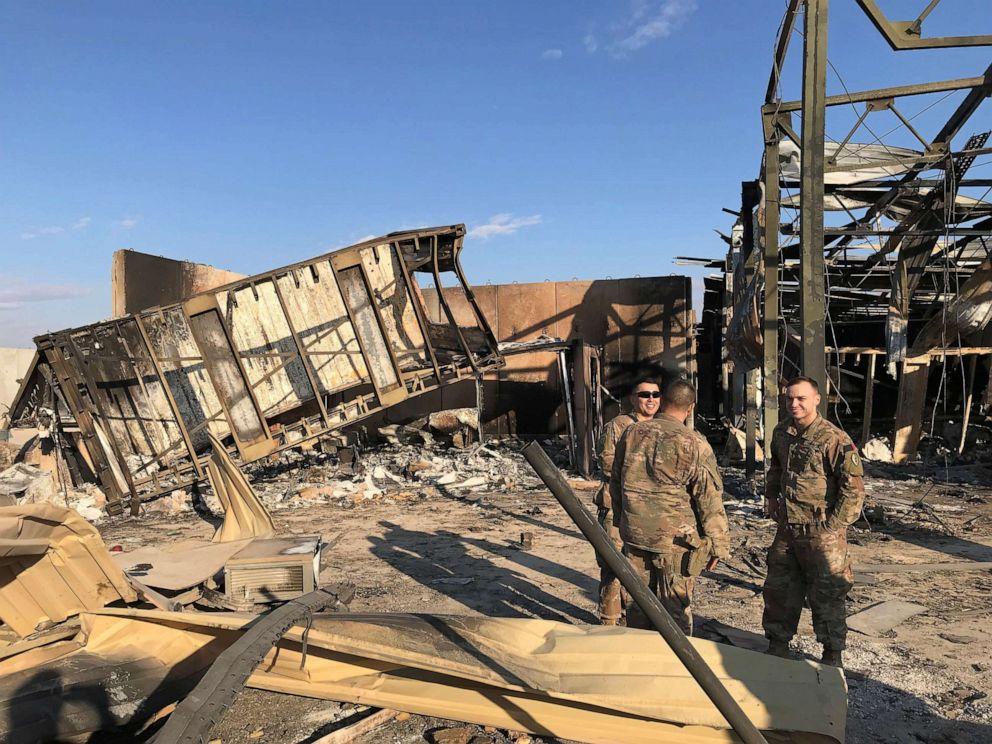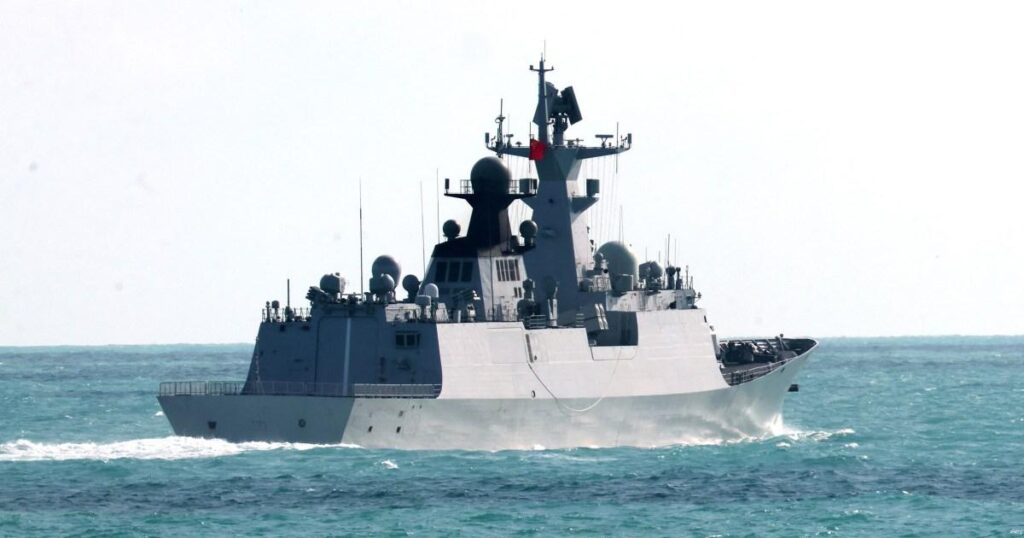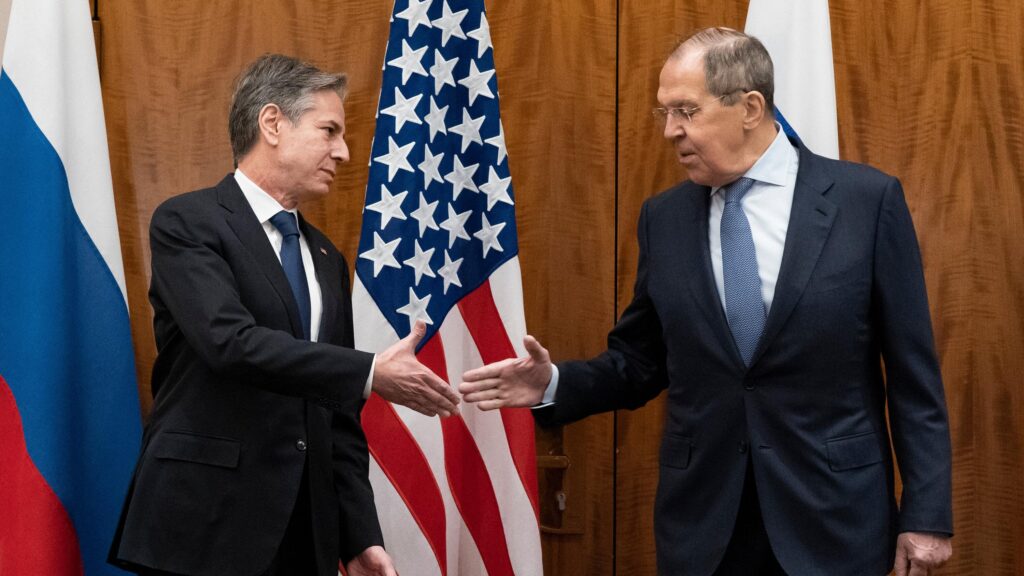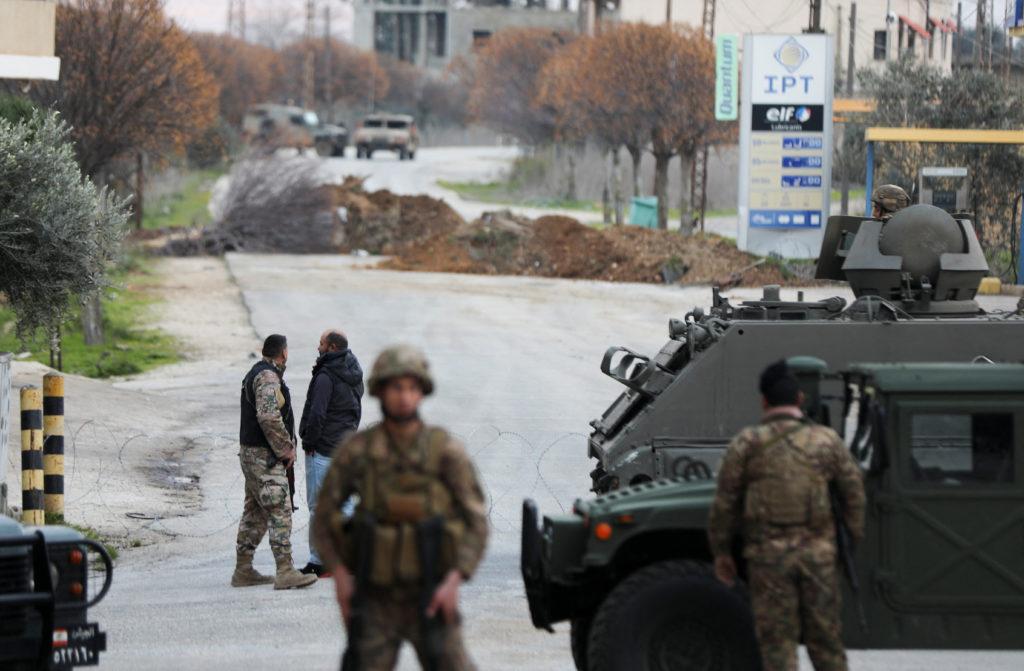In the shadowy chess game of global armaments, Russia’s military prowess is facing an unexpected opponent: its own production limitations. Vladimir Putin, the Kremlin’s strategic mastermind, has reluctantly pulled back the curtain on a vulnerability that contradicts the narrative of Russian military invincibility.Despite ramping up manufacturing lines and pushing industrial capacity to its limits, the Kremlin confronts a stark reality: weapon stockpiles are struggling to keep pace with the relentless demands of an ongoing conflict that has consumed resources at an unprecedented rate. In the shadowy corridors of Moscow’s military planning, a stark admission echoes through the Kremlin’s halls. The ongoing conflict in Ukraine has exposed vulnerabilities in Russia’s military industrial complex that were previously hidden behind a veneer of perceived strength and strategic superiority.
Despite ramped-up production lines and feverish efforts to replenish ammunition and equipment stocks, the Russian military machine finds itself grappling with critical shortages that threaten operational capabilities. Factory workers and military procurement officials are working around the clock, yet the demands of sustained warfare continue to outpace manufacturing capacities.Western intelligence reports suggest that Russian production facilities are struggling to meet the voracious appetite of a prolonged conflict.Tank assembly lines, artillery shell production, and precision munitions manufacturing have been pushed to their absolute limits, revealing systemic inefficiencies in the defense supply chain.
The geopolitical implications of these revelations are profound. Russia’s military reputation, long cultivated as an indomitable force, now shows significant fractures. The admission of weapon shortages punctures the carefully constructed narrative of military invincibility that Putin’s regime has meticulously maintained over decades.
Economic sanctions and technological restrictions imposed by Western nations have further complicated Russia’s manufacturing ecosystem. Critical components and advanced technologies previously sourced from international markets are now challenging to acquire, creating bottlenecks in production processes.
Military analysts point to the extraordinary consumption of munitions and equipment in the Ukrainian theater as a primary driver of these shortages. Tanks, armored vehicles, precision missiles, and artillery shells are being depleted at rates that far exceed initial strategic calculations.
The transparency surrounding these challenges represents a departure from traditional Russian communication strategies. Putin’s acknowledgment of production limitations signals a rare moment of vulnerability in a regime typically characterized by opaque messaging and aggressive posturing.
Furthermore, the weapon shortage narrative intersects with broader economic pressures. Russia’s military-industrial complex must now navigate complex logistical challenges while managing diminished financial resources and increased international isolation.As the conflict continues, these production challenges could perhaps reshape strategic calculations. The ability to sustain military operations depends not just on political will, but on the mundane yet critical logistics of manufacturing and supply.
The coming months will likely reveal whether Russia can overcome these manufacturing constraints or if the weapon shortages will fundamentally alter the dynamics of its military engagement.








‘Go Find Another Sucker Nation’: Trump Fires Off Fresh Threat to Ten More Countries